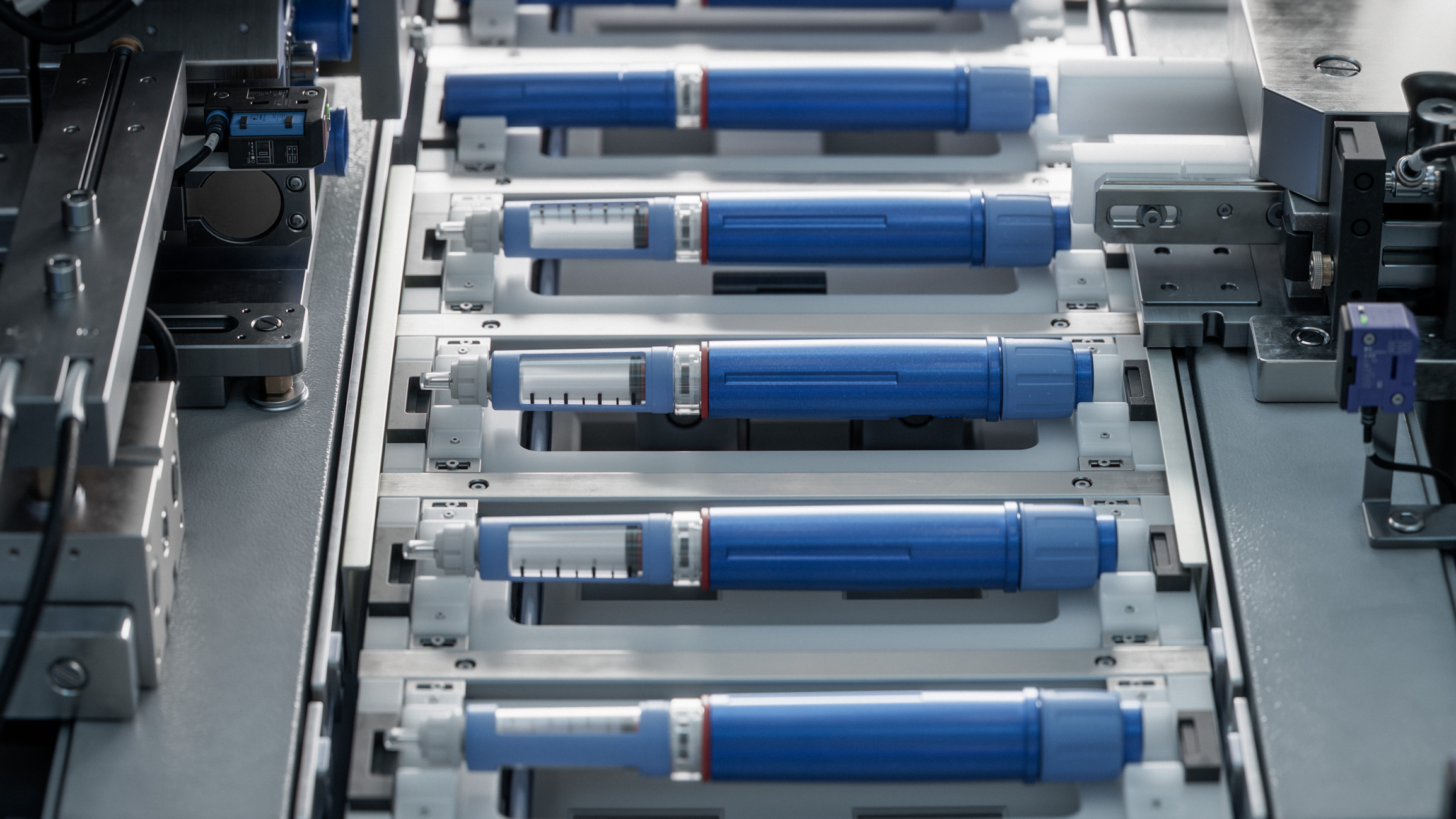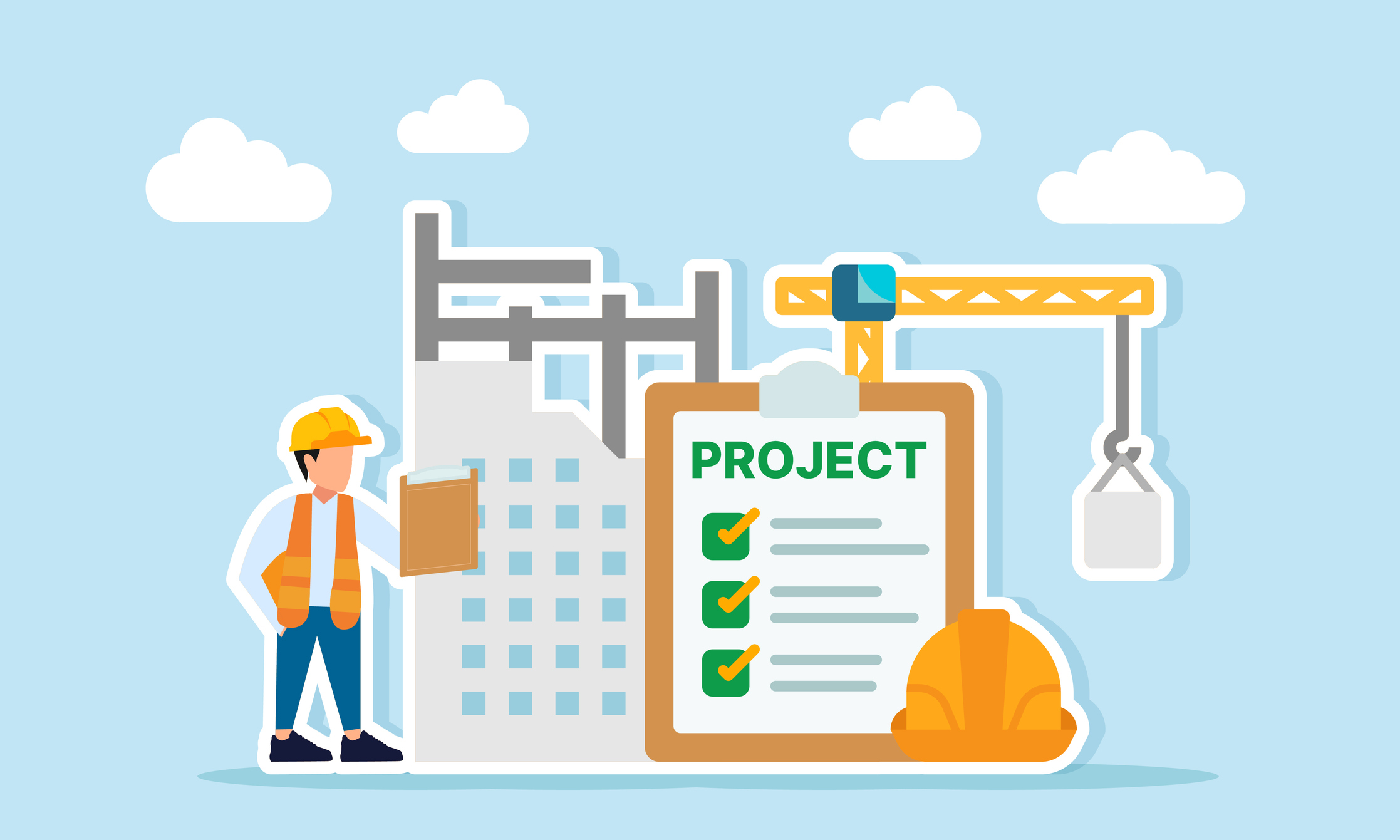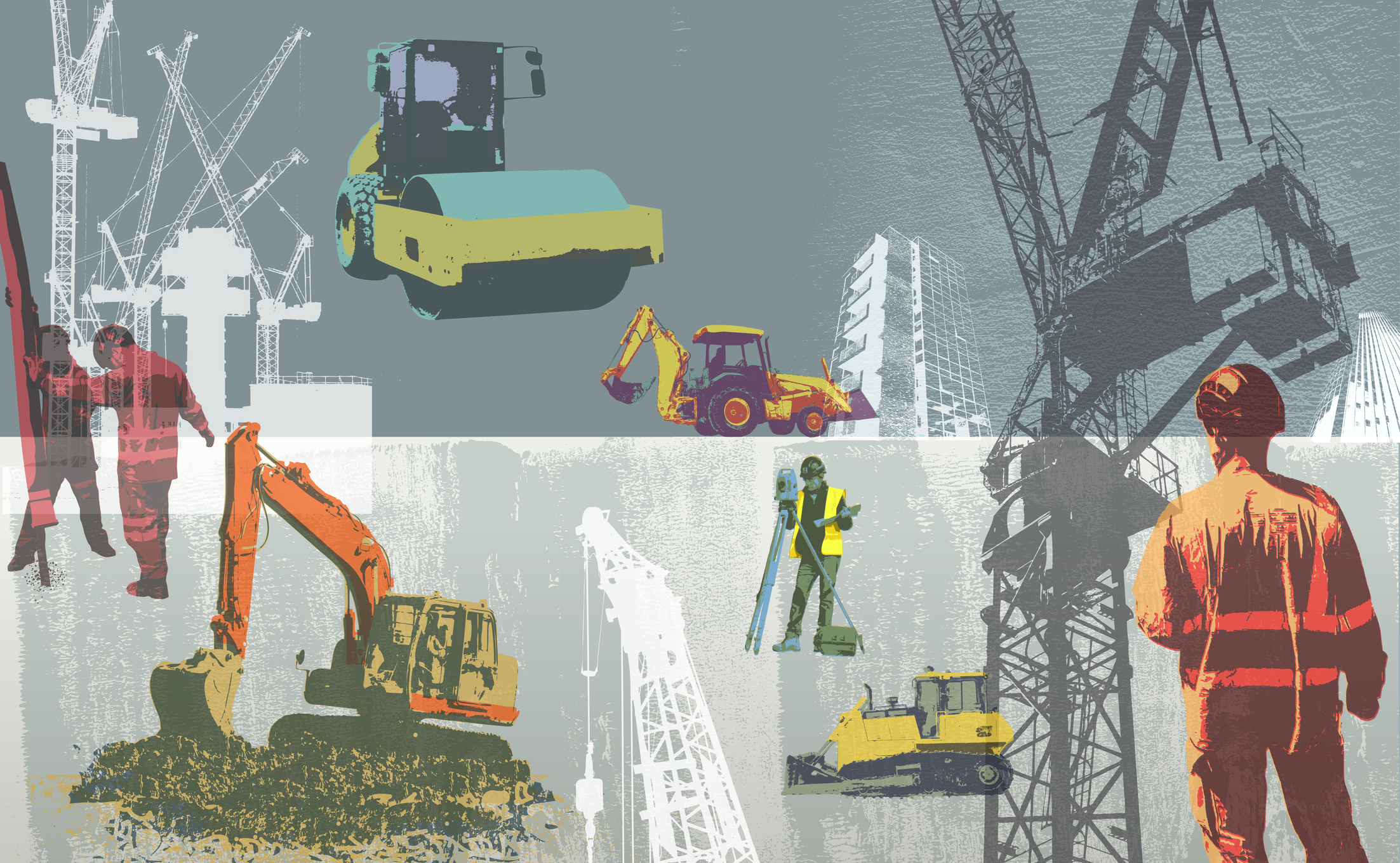Empowering Injured Worker Recovery Through Empathy
Empathy is fundamental in an injured worker’s recovery, but to be truly effective it requires a consistent approach from the time of injury to a return to work. We review several ways that a person-centered approach can impact a recovery timeline.
October 18, 2024

Post-injury, an employee can feel distraught, seeking answers to an unpredictable recovery path ahead. The right support can change their outlook, but it requires a careful balance with empathy at the forefront.
“Understanding an injured worker’s emotions supports a more successful recovery and allows everyone to approach the individual where they are,” said Rita DeRuntz, Senior Medical Manager at Safety National. “When we are more in tune with ourselves and how we wish to be treated, we are better able to assist the injured worker through the medical treatment process, which can be confusing and stressful. Empathy and honesty will always be mutually beneficial, and injured workers will typically respond better to members of their care team that lead with compassion and understanding.”
Here are several ways that empathy can build success in an injured worker’s recovery process.
1. Builds Stronger Relationships
Consistent and empathetic communication with an injured worker can build a relationship of trust, where they can count on their care team to provide meaningful resources for their recovery. If they live in a rural area and have trouble accessing care, they may ask for assistance in transportation needs. Maybe they are struggling with adapting to a wheelchair and could benefit from home modifications. In addition, when injured workers feel cared for, they are also more willing to cooperate and may be less likely to engage in litigation.
2. Reduces Negative Thinking
Following a catastrophic injury, an injured worker may likely be overwhelmed with the recovery path ahead. They could be facing years of treatment, surgeries, or lifelong disabilities. As a result, their mindset can be fraught with anxiety and fear. The care team, including a field case nurse, is crucial in restoring hope through compassion and empathy. Encouraging positive thinking can greatly impact how much effort the injured worker puts into their recovery and their willingness to succeed.
3. Improves Treatment Adherence
When an injured worker feels that their healthcare professionals and nurse case managers are listening to them and prioritizing their care as an individual, they may be more likely to attend their scheduled appointments and comply with their treatment guidelines. Unfortunately, many patients feel unheard. In fact, a recent survey on patient experience stating that 52% of individuals in the U.S. had symptoms “ignored, dismissed, or not believed.” Healthcare without empathy presents a bandage approach, ignoring the holistic well-being of the injured worker.
4. Supports Family Morale
Family history, living conditions and social dynamics can influence an injured worker’s recovery, and those components require the most intensive management in catastrophic claims. The psychosocial impact of these injuries can extend beyond just the injured worker, leaving families fearful and devastated. Listening to their needs and understanding their struggles from day one can provide comfort in a desperate time of need and establish a key support structure for the injured worker, enabling a more likely recovery.
5. Fosters a Positive Work Environment
For employees who can return to work following a major injury, modified duty roles, while sensible, can drastically impact an employee’s feelings of fulfillment. They may struggle with their limited abilities, but an employer willing to empathize with their challenges can make all the difference. It can boost an employee’s morale when they feel heard, increasing their productivity and opening the lines of communication for the long term.

























